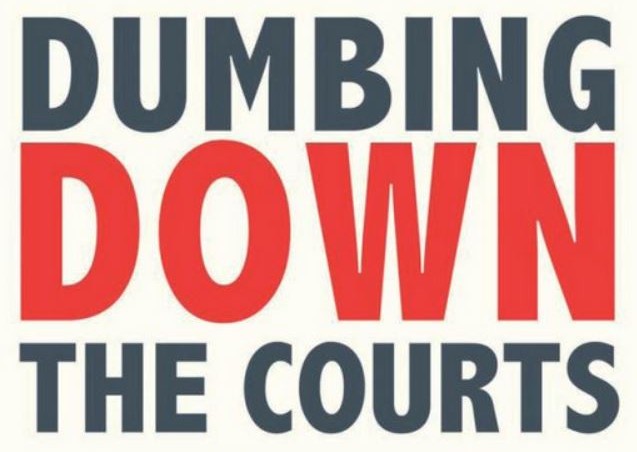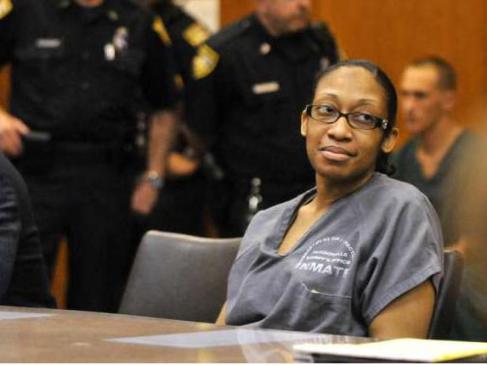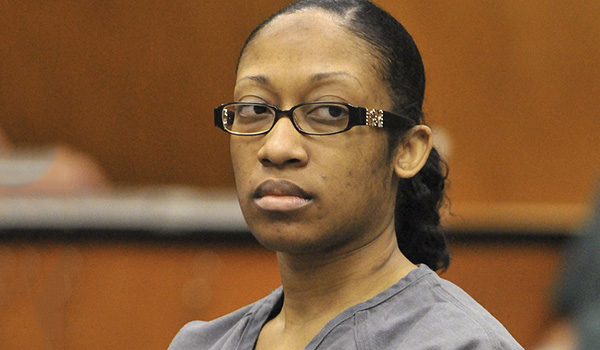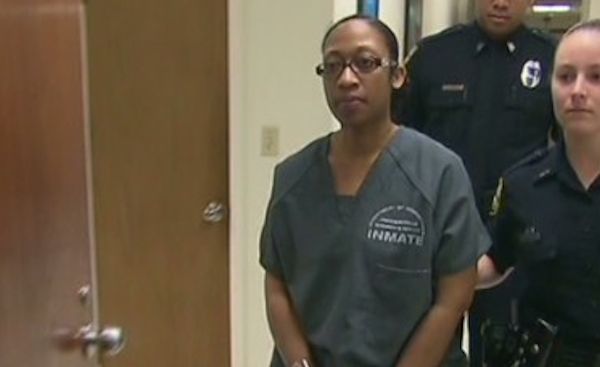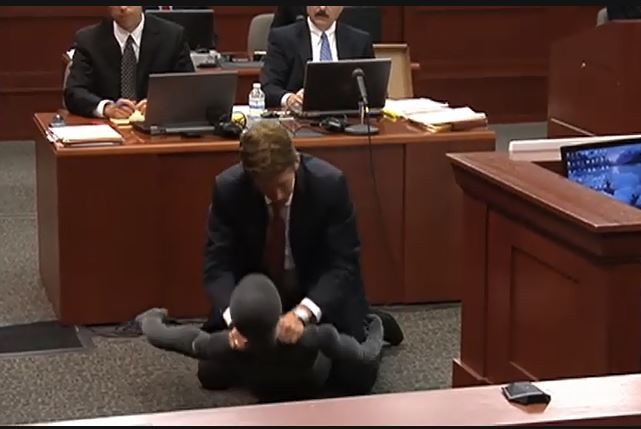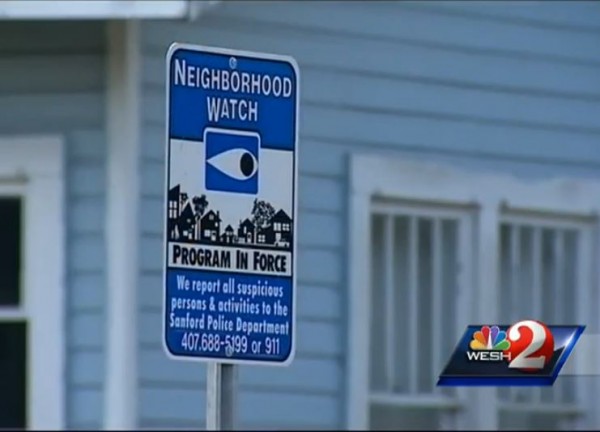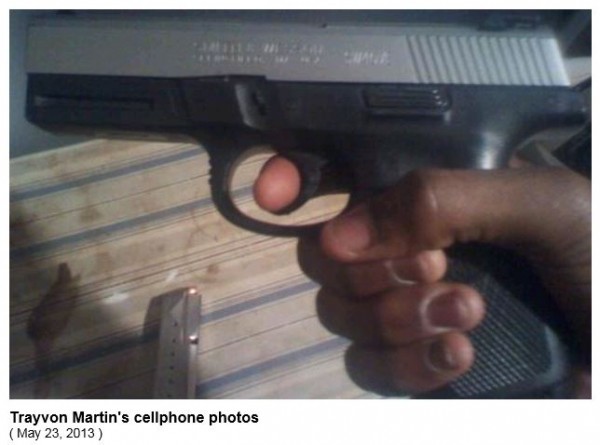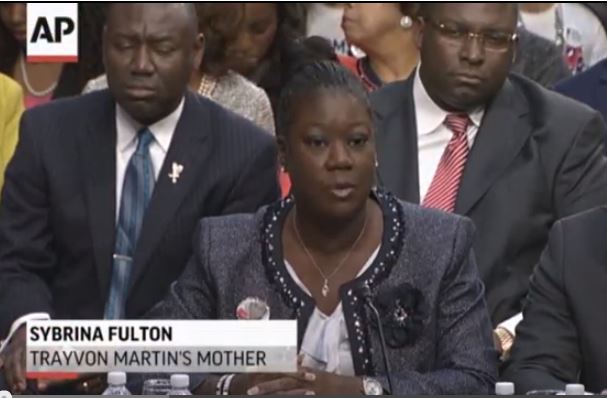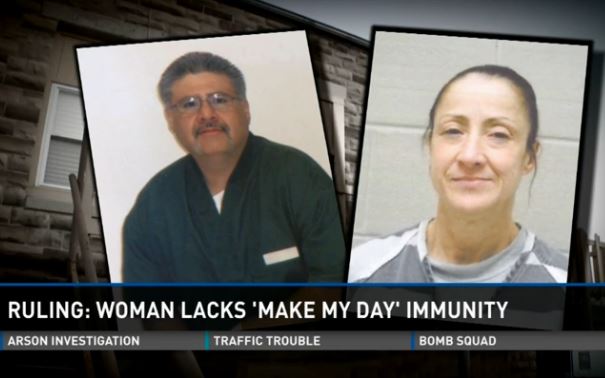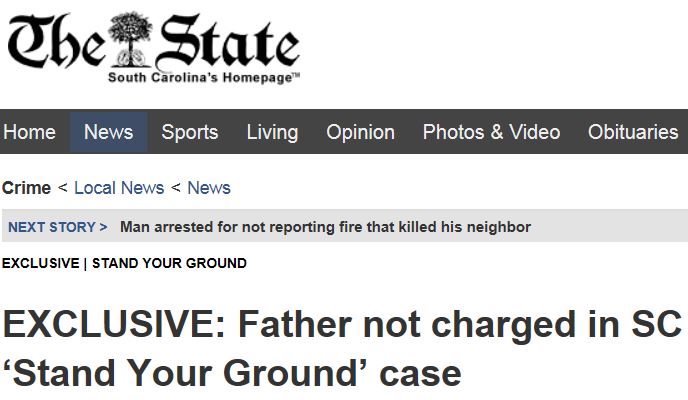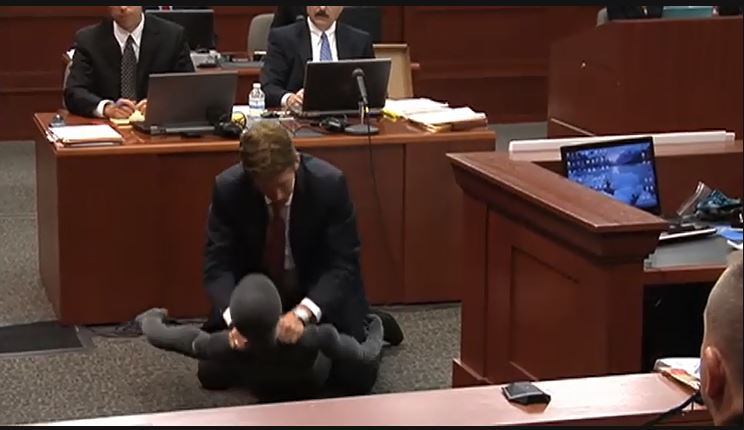Author: Andrew Branca
Andrew Branca
Andrew F. Branca is in his third decade of practicing law in the Commonwealth of Massachusetts. He wrote the first edition of the "Law of Self Defense" in 1997, and is currently in the process of completing the fully revised and updated second edition, which you can preorder now at lawofselfdefense.com. He began his competitive shooting activities as a youth in smallbore rifle, and today is a Life Member of the National Rifle Association (NRA) and a Life Member and Master-class competitor in multiple classifications in the International Defensive Pistol Association (IDPA). Andrew has for many years been an NRA-certified firearms instructor in pistol, rifle, and personal protection, and has previously served as an Adjunct Instructor on the Law of Self Defense at the SigSauer Academy in Epping, NH. He holds or has held concealed carry permits for Massachusetts, Connecticut, Rhode Island, New Hampshire, Maine, Pennsylvania, Florida, Utah, Virginia, and other states.
Book Review: “Dumbing Down the Courts,” By Dr. John Lott, Jr.
Growing Stakes, Increased Left-Wing Radicalization
Being nominated and confirmed to a federal judicial appointment was not always the arduous process it is today, nor was it always geared towards rejection of the most talented candidates.Marissa Alexander Released on Bail
Marissa Alexander has been released on bail, according to widespread news reports. The conditions of her release are stringent, although not overly so for someone who has never been a very appropriate candidate for pre-(re-)-trial release. Alexander had been previously convicted of aggravated assault with...
Analysis: Self-Defense Claim May be Legally Weak in Michigan Porch Shooting
Michigan's Law of Self Defense
Theodore Wafer has been charged with second-degree murder, manslaughter, and possession of a firearm used in a felony, for the shooting death of Ranisha McBride. He is claiming self-defense which, if successfully argued, would require an acquittal on all charges.No Bail for Marissa Alexander, Case Held Over Until January
Motorcyclists indicted in brutal NYC SUV attack
Marissa Alexander’s Bail Hearing in “Warning Shot” Case Delayed To Next Week
The bail hearing scheduled today for Marissa Alexander has been rescheduled for next Wednesday. No reason was given. Marissa Alexander gained infamy for firing a "warning shot" past the head of her estranged husband during an argument, while his two small children stood at his side....
Repeal of “Stand-Your-Ground” voted down in Florida House Committee
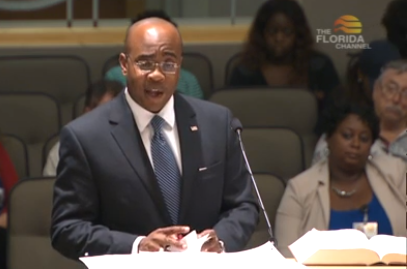 (Florida House Rep. Alan B. Williams)[/caption]
Not surprisingly, the proponents of HB-4003 consisted mostly of a couple of legislators citing bad statistics, isolated anecdotes, and misinformation; the parents of young black children killed in acts of violence, like Trayvon Martin; and a seemingly endless series of high school and college students who were presumably receiving course credit for appearing and pathetically mischaracterizing Stand-Your-Ground.
(Florida House Rep. Alan B. Williams)[/caption]
Not surprisingly, the proponents of HB-4003 consisted mostly of a couple of legislators citing bad statistics, isolated anecdotes, and misinformation; the parents of young black children killed in acts of violence, like Trayvon Martin; and a seemingly endless series of high school and college students who were presumably receiving course credit for appearing and pathetically mischaracterizing Stand-Your-Ground.
Sanford Police Chief Walks Back “No Guns on Neighborhood Watch” Policy
Sanford, FL to ban Neighborhood Watch from carrying guns
The Florida city where neighborhood watch leader George Zimmerman shot and killed unarmed black teenager Trayvon Martin is changing the rules on how civilian patrols can operate to help prevent a recurrence and revive the program's reputation. The new rules, to be released at a community meeting on November 5 in Sanford, Florida, will state explicitly that residents acting under the authority of neighborhood watch may not carry a firearm or pursue someone they deem suspicious.The Reuters piece, published in the Chicago Tribune, notes that the "prosecution accused [Zimmerman] of racially profiling Martin, a high school student visiting from Miami, and then pursuing, confronting and shooting him." Nowhere in the article -- seriously, nowhere -- do they mention the vicious, life-threatening beating that Martin launched against Zimmerman without any just cause (even Martin's girlfriend, who was on the phone with him at the moment of the attack, testified that it was Martin who initiated the physical conflict). Local News 13 further reports:
Sanford's new police chief, Cecil Smith, said the neighborhood watch program as it was operated while Zimmerman was part of it was dysfunctional and had no accountability. "In this program, it is clearly stated that you will not pursue an individual," Smith explained. "In this new program, it clearly indicates that you will not carry a firearm when performing your duties as a neighborhood watch captain or participant."I expect Sanford FL will encounter one, or both, of the following two realities in short order:
“Stand Your Ground” opponents mangle law and Trayvon facts at Senate Hearing
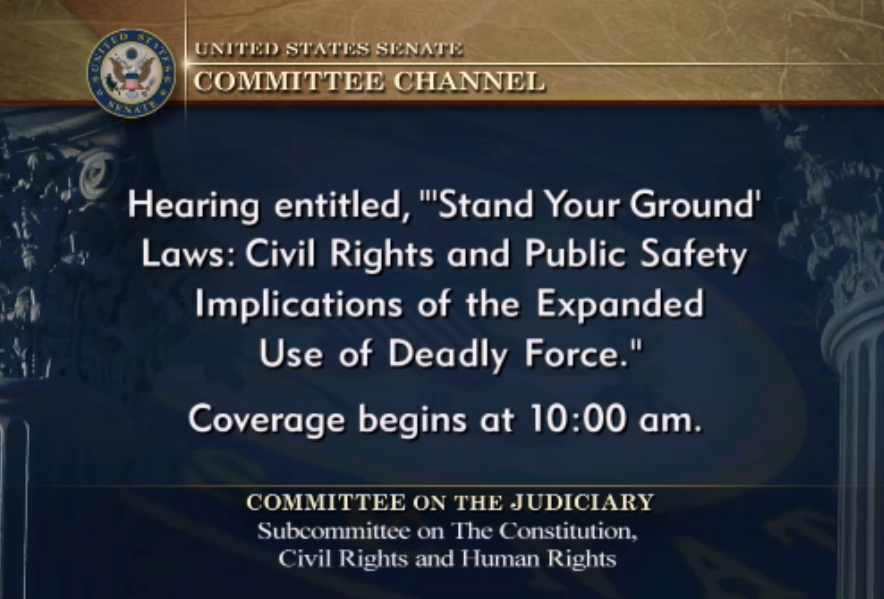 US Senate hearing: "Stand Your Ground: Civil rights and Public Safety Implications of the Expanded Use of Deadly Force"[/caption]
My first general observation is that the anti-SYG folks were, as experience would suggest, big on emotion and small on actual facts, law, or data.
One of the anti-SYG witnesses, Professor Sullivan from Harvard Law School, did raise some actual data--but when these were utterly destroyed by the later testimony of Dr. John Lott and Elliot Shapiro of CATA, Professor Sullivan was swift to discount the use of data (which he himself had introduced into the testimony) and instead focus on the "real people" behind the data. In sharp contrast, the testimony of the pro-SYG speakers was focused and direct.
Second, the anti-SYG folks persistently conflated the legal concept of Stand Your Ground with utterly discrete legal concepts, such as presumptions of reasonableness and civil/criminal immunity.
US Senate hearing: "Stand Your Ground: Civil rights and Public Safety Implications of the Expanded Use of Deadly Force"[/caption]
My first general observation is that the anti-SYG folks were, as experience would suggest, big on emotion and small on actual facts, law, or data.
One of the anti-SYG witnesses, Professor Sullivan from Harvard Law School, did raise some actual data--but when these were utterly destroyed by the later testimony of Dr. John Lott and Elliot Shapiro of CATA, Professor Sullivan was swift to discount the use of data (which he himself had introduced into the testimony) and instead focus on the "real people" behind the data. In sharp contrast, the testimony of the pro-SYG speakers was focused and direct.
Second, the anti-SYG folks persistently conflated the legal concept of Stand Your Ground with utterly discrete legal concepts, such as presumptions of reasonableness and civil/criminal immunity.
No “Make-My-Day” Immunity for Colorado Woman Who Killed Estranged Boyfriend
A Colorado judge denied immunity under the state's "Make My Day" law to a woman charged with 1st degree murder. The defendant, Marla Abling, has been charged with first degree murder for the strangulation killing of her estranged boyfriend, Rory Alba. The couple had a history...
South Carolina Father Wins Self-Defense Immunity in Shooting of Bystander
A father in South Carolina who fired his handgun in self-defense--and in the process killing an apparent innocent bystander--has successfully argued that he is not subject to criminal or civil liability under the state's self-defense immunity law. South Carolina's self-defense immunity statute--§16-11-450. Immunity from criminal prosecution...
Florida Senate “Stand Your Ground” panel advocates for lawsuits against people who lawfully defend themselves
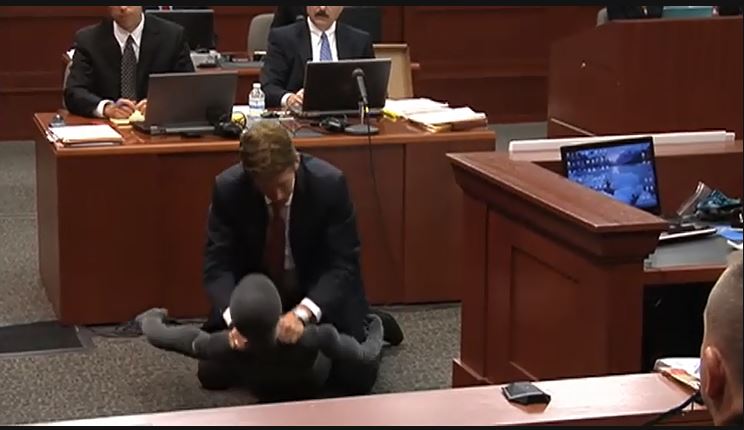 (Defense attorney Mark O'Mara during Zimmerman trial)[/caption]
Even a cursory reading of the law reveals that the Stand Your Ground statute has nothing whatever to do with the Self-Defense Immunity statute, other than having been adopted by the same session of the Florida legislature.
Indeed, the legislators have simply cloaked their desire to re-impose criminal and civil liability on law-abiding people, who act in genuine self-defense, under the guise of “fighting” Stand Your Ground. In doing so, these feckless legislators merely reveal the duplicitous nature of their actions.
Under current Florida law, an unlawful aggressor who seeks to sue their victims for harm suffered at the hands of the defending victims will be compelled to reimburse the victim if the victim's use of force is judged to have been lawful self-defense. It is precisely this provision that keeps the lawyers advising the Trayvon Martin family from bringing suit against George Zimmerman.
(Defense attorney Mark O'Mara during Zimmerman trial)[/caption]
Even a cursory reading of the law reveals that the Stand Your Ground statute has nothing whatever to do with the Self-Defense Immunity statute, other than having been adopted by the same session of the Florida legislature.
Indeed, the legislators have simply cloaked their desire to re-impose criminal and civil liability on law-abiding people, who act in genuine self-defense, under the guise of “fighting” Stand Your Ground. In doing so, these feckless legislators merely reveal the duplicitous nature of their actions.
Under current Florida law, an unlawful aggressor who seeks to sue their victims for harm suffered at the hands of the defending victims will be compelled to reimburse the victim if the victim's use of force is judged to have been lawful self-defense. It is precisely this provision that keeps the lawyers advising the Trayvon Martin family from bringing suit against George Zimmerman.
South Park Takes On Zimmerman Case in “World War Zimmerman”
It seems that South Park is going to roll out a parody of the events surrounding George Zimmerman’s self-defense shooting of his assailant Trayvon Martin in an upcoming episode tonight to be entitled “World War Zimmerman.” Details are scarce, but South Park put out this press...
FL Commission on Ethics Launches Investigation of Prosecutor Angela Corey
Sometimes what comes around, goes around. The Washington Times is reporting that the Florida Commission on Ethics has launched an investigation of controversial State prosecutor Angela Corey over her firing of IT director Ben Kruidbos in the aftermath of the prosecutorial debacle that was the George...
The Myth of Marissa Alexander’s “Warning Shot”
Much of the coverage of the Marissa Alexander case (previously touched on Legal Insurrection here and here) laments that Ms. Alexander was sentenced to a statutory mandatory sentence of 20 years in prison for having "merely" fired a "warning shot". The actual evidence of the...
Marissa Alexander Wins a “Do-Over” in Florida “Self-Defense” Case
In May 2012, Marissa Alexander was convicted of aggravated assault for having fired a gun at her estranged husband and his two children. Under Florida's "10-20-Life" law she received the mandatory 20-year-sentence for having fired a gun in the commission of a felony. We wrote about...
Donations tax deductible
to the full extent allowed by law.
CONTRIBUTORS
- William A. Jacobson
Founder
- Kemberlee Kaye
Sr. Contrib Editor
- Mary Chastain
Contrib Editor
- Fuzzy Slippers
Weekend Editor
- Mike LaChance
Higher Ed
- Leslie Eastman
Author
- Vijeta Uniyal
Author
- Stacey Matthews
Author
- Jane Coleman
Author
- James Nault
Author
- Mandy Nagy
Editor Emerita
- Learn more about the Contributors


